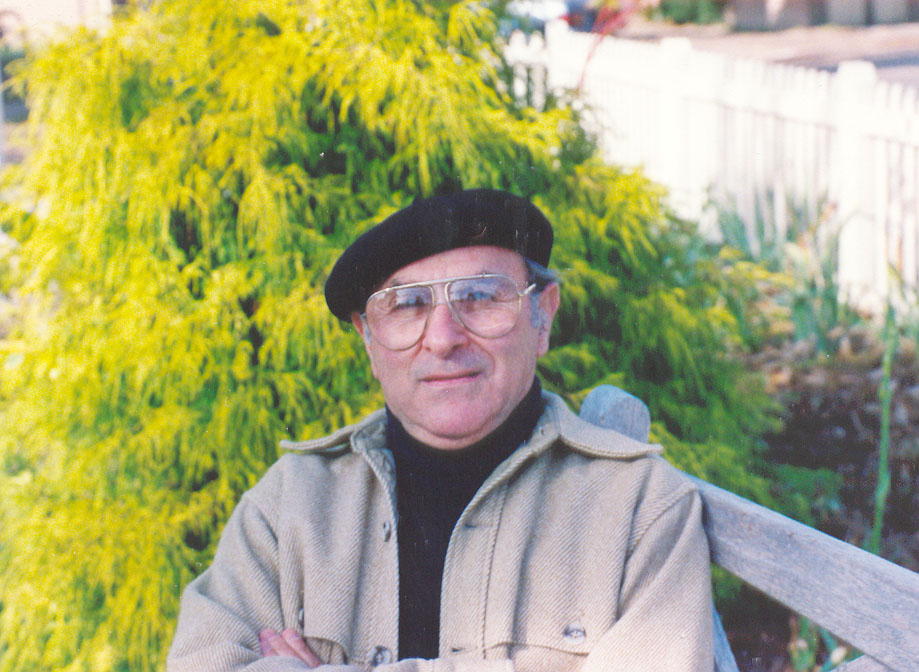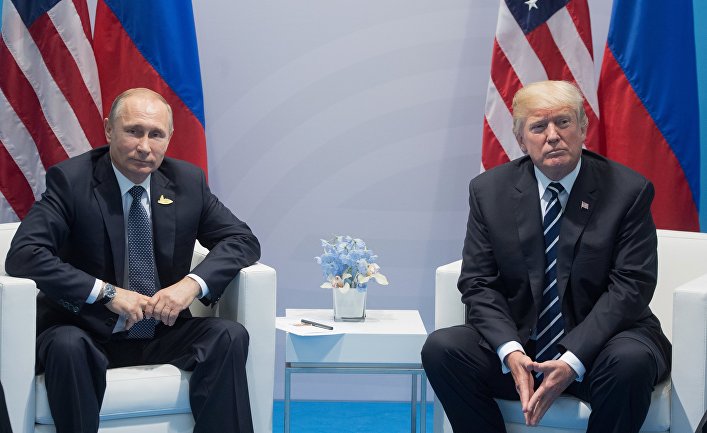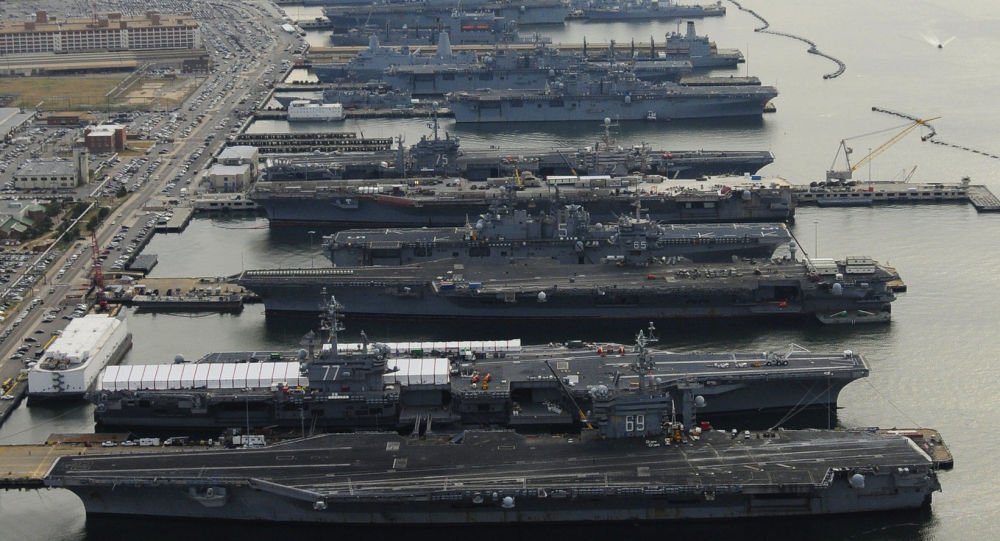
Frank Shatz
Frank Shatz is a Williamsburg resident. He is the author of “Reports from a Distant Place,” the compilation of his selected columns. The book is available at Bruton Parish Shop and Amazon.com
Hampton Roads was known, since the early stages of the Cold War, as a potential target of Soviet missiles. A booklet titled, "Hampton Roads Metropolitan Medical Response System” spells out the reasons why Hampton Roads may be an inviting target.
"Extensive commercial and military shipping facilities are located in Newport News, Norfolk and Portsmouth. Every military service of the United States has facilities in Hampton Roads, including the largest naval base in the world. These facilities would be major targets for attacks,” asserts the booklet.
It is of vital interest to people living in this area to see the development of Anti-Ballistic Missile Systems and the negotiation of treaties that would ensure protection from nuclear and biological threats.
It was more than a decade ago, that to shed light on the issue of arms control, the Reves Center for International Studies invited John Rhinelander, the former legal adviser to the U.S. delegation to the strategic arms limitation talks that negotiated the Anti-Ballistic Missiles Treaty with the Soviet Union.
Rhinelander explained that the George W. Bush administration has made clear that it intends to abandon the Anti-Ballistic Missiles Treaty if Russia refuses to modify it in such a way that it will not prohibit the United States from investigating all methods of how to intercept incoming missiles. The Bush administration proclaimed that going ahead with the tests is high priority national policy.
But a great many U. S. arms control experts, among them Rhinelander, contended that there is no need to abrogate the ABM treaty. The United States, they asserted, could test missile defense methods for years before it runs into prohibitions imposed by the treaty.
As a legacy of the Cold War, some 20,000 nuclear weapons remain scattered all over Russia. So is a huge stockpile of biological weapons. Thus, according to arms control experts, our highest priority should be to negotiate a drastic reduction of all those weapons across the board.
Although there is an emerging threat of nuclear or biological attack by terrorists and rogue states, the greatest threat, experts say, is posed by Russia, should it ever become an enemy of the United States.
Former Soviet leader Mikhail Gorbachev, in precarious health, has recently issued a statement, warning that the current standoff between Russia and the West is putting the world in "colossal danger due to the threat from nuclear weapons.”
In an interview with the BBC, Gorbachev called for all countries to declare that in order to "save ourselves and our planet,” nuclear weapons must be destroyed.
He spoke out, three decades after the fall of the Berlin Wall and amid fears of a return of the Cold War. Worries of a renewed nuclear arms race have heightened since both the United States and Russia withdrew this year from the Intermediate -Range Nuclear Forces Treaty that was signed by Gorbachev and U. S. President Roland Reagan in 1987.
Gorbachev, ailing and often unable to see visitors, insist on sending out strong messages.



_jpg/250px-ElbeDay1945_(NARA_ww2-121).jpg)






